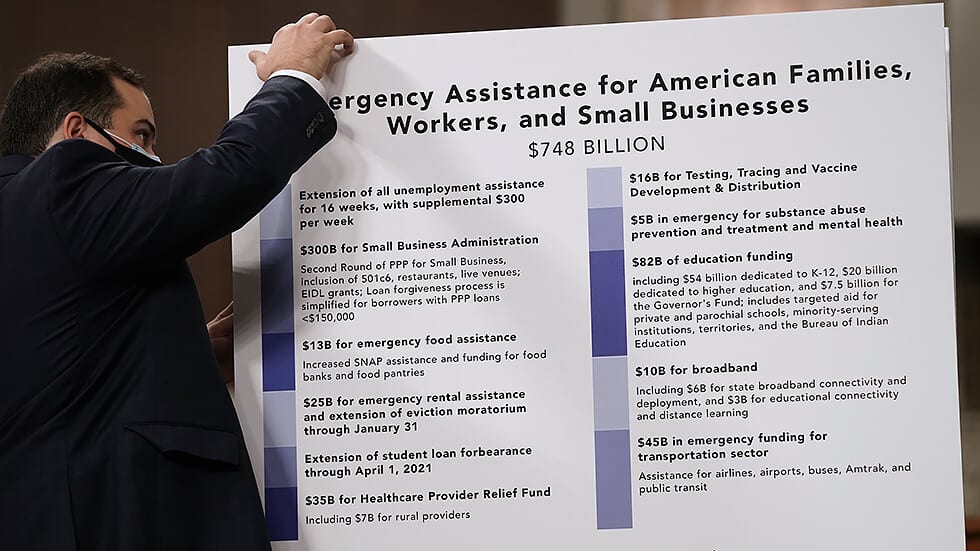
Understanding emergency funds for Indian households
What's the story
Emergency funds act as a crucial financial safety net, designed to manage unexpected expenses or emergencies. For many American households, setting aside money for unforeseen situations not only provides peace of mind but also ensures financial security. This article explores the significance of emergency funds. It offers practical tips on how to effectively build and manage them. The aim is to enhance financial preparedness.
Why save
Importance of having an emergency fund
An emergency fund is crucial for avoiding debt when unexpected expenses occur. Medical emergencies, sudden job losses, or urgent home repairs can arise without warning. Having this fund ensures you're prepared for such uncertainties. In the United States, where families often serve as the first financial support, your own emergency fund reduces the need to rely heavily on relatives during tough times.
Savings goal
How much to save
Financial experts generally recommend saving three to six months' worth of living expenses in your emergency fund. However, this amount can vary based on individual circumstances such as job stability and family obligations. For someone with a stable government job, three months' worth might suffice. But for a freelancer with fluctuating income, aiming for six months or more is advisable.
Safe investments
Where to keep your emergency fund
Your emergency fund should be easily accessible. Yet, it's beneficial if it can also earn some interest. Savings accounts are a popular choice for their liquidity and safety. Alternatively, consider liquid mutual funds or high-interest savings accounts. These options offer slightly higher returns while still allowing quick access to your funds when necessary. Thus, they are suitable for emergency savings.
Step by step
Building your emergency fund
Start by setting a monthly savings goal based on your target fund size and timeline. Even small contributions like $5 or $10 per month can add up over time. Automating transfers from your checking account to your savings account right after payday can ensure consistent growth of your emergency fund. This happens without requiring regular manual intervention.
Regular review
Maintaining your emergency fund
Significant life changes, such as landing a new job, getting married, or welcoming a child, can significantly alter your monthly expenses. This shift necessitates reviewing and adjusting your emergency fund at least once every year to ensure it meets your current needs. Moreover, if you withdraw from your emergency fund for an unforeseen expense, it's crucial to prioritize its replenishment as swiftly as possible.